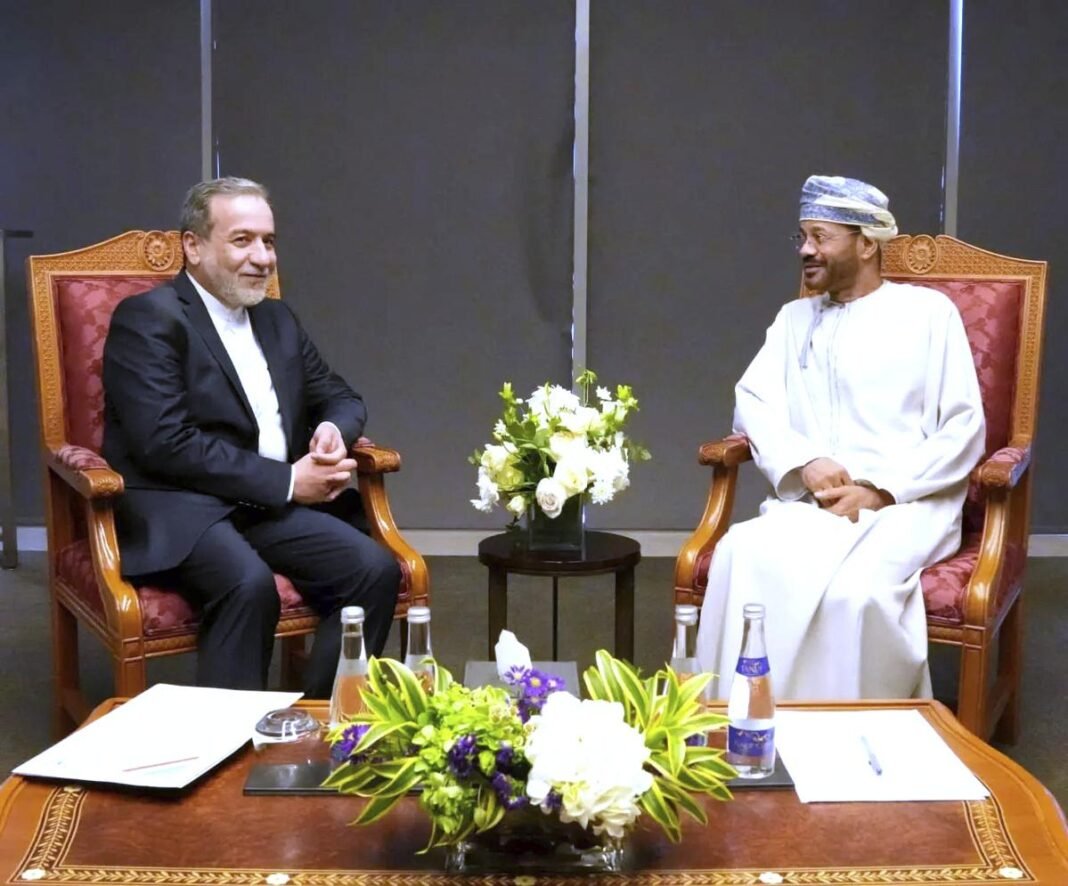Oman continues leading the nuclear dispute talks between Iran and the United States. These nuclear dispute talks are now taking place in Rome. Oman chose this location for smoother logistics and better neutrality.
Meanwhile, both countries aim to solve their decades-long conflict over Iran’s nuclear program. Although the situation remains tense, diplomacy through the nuclear dispute talks moves forward. The current round brings cautious hope for progress.
Iran claims its nuclear program is peaceful. However, the U.S. suspects the program could develop nuclear weapons. Therefore, Washington demands Iran stop producing highly enriched uranium, which remains central to the nuclear dispute talks.
In addition, Iran seeks relief from severe U.S. sanctions. At the same time, its leaders demand firm assurances. They want to ensure the U.S. won’t abandon any future agreement, particularly if the nuclear negotiations make progress.
Previously, Trump pulled the U.S. out of the 2015 nuclear agreement. He then reinstated tough sanctions that damaged Iran’s economy. Since coming back to power, he revived his “maximum pressure” strategy, which now directly impacts the ongoing nuclear negotiations.
Despite this pressure, he also expressed hope for Iran’s future. He said he wants Iran to become strong and successful. Even so, he promised to block Iran from developing a nuclear weapon, a key issue in the nuclear dispute talks.
During the ongoing negotiations, Omani officials continue to mediate indirect dialogue between the two countries. Representing Iran is Foreign Minister Abbas Araghchi, while Trump’s envoy Steve Whitcoff stands for the U.S. Both remain focused on resolving the nuclear disagreement.
Previously, both parties met in Muscat and found the first meeting helpful. Now, they continue building on that progress in Rome. Still, despite Oman’s help, major issues in the nuclear dispute talks remain unsolved.
For instance, Iran wants the removal of sanctions before any change to its program. In contrast, the U.S. insists on action first. Because of these opposing views, the nuclear dispute talks often stall.
Nevertheless, both parties have committed to ongoing discussions. With each round of talks on the nuclear issue, they seek fresh solutions. Although trust remains fragile, Oman plays a key role in sustaining the dialogue.
In addition, Russia offered to support the nuclear dispute talks. Russian officials say they can help both sides build confidence. If welcomed, their role could support Oman’s mediation.
Ultimately, the negotiations over the nuclear issue show signs of slow but steady movement. Step by step, the delegates search for ways to reach a compromise. Even with setbacks, both sides believe continued dialogue is better than conflict.
So far, the nuclear dispute talks remain a top priority for Iran, the U.S., and Oman. As a result, world powers continue watching closely. Progress may take time, but regular nuclear dispute talks are a strong sign of commitment.





